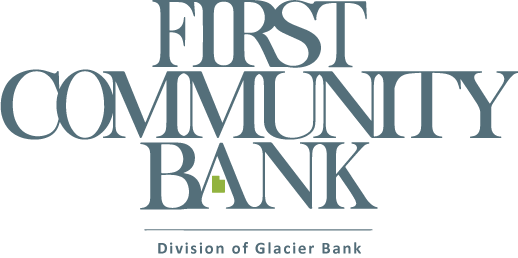Online Scams and How to Protect Yourself
By Porter Jones| Published July 5, 2023
The question I seem to get most often is how do I protect myself from being scammed online? In the day and age that we live in, there are countless ways scammers will try to steal your hard-earned money from you, sometimes without you even knowing it. The most important thing to remember is that if something seems too good to be true, it most likely is.
It is important to know what scams are out there. There are many types of scams, and they are always changing and evolving as technology grows and gets more advanced. Some examples of prominent scams happening right now include:
- Companionship/romance scams: Weekly/monthly allowance offering --- they send you a check and want you to deposit it, and then send them back a portion of the funds
- Computer software phishing scams: Windows Defender pop-up asking you to call a number to unblock your computer
- Other tech support scams: Someone calls you saying they are from Geek Squad, PayPal, Norton, Amazon, etc.
- Phishing emails: You get an email saying you made an Amazon purchase and if it wasn’t you, claim your refund
- Clone websites to look like a real retailer: Luxury items or trending items for sale at very low prices compared to regular MSRP
- Work-from-home jobs: Reshipping/reselling items --- receive items then ship them to another address
- Sweepstakes scams: You are asked to pay a fee or wire money to collect your winnings
- Refund scam: The scammers will ask you to visit your online banking and login. They will then have some sort of document where they will have you to type in a “refund amount” where they will quickly add an extra 0 to make it look like they overpaid you. They then will do a transfer from your savings account to your checking account with a note including the company they are posing as and “refund” to make it look legit, but really all they did was transfer your own money. Then they will ask you for cash or gift cards. This is the most common scam that we see currently.
Here are a few other things to keep in mind:
- Never share or tell your social security number, passwords, account numbers, or other sensitive personal information to anyone you don’t know.
- Never deposit a check that came from someone you don’t know.
- Never send money to someone you don’t know, whether it be cash or on apps like Venmo, CashApp, or PayPal; your money may not be recoverable. They may also ask you to send either crypto or gift cards. Do not do this as this is also a scam tactic.
- DO NOT download remote desktop applications, such as AnyDesk or TeamViewer. Scammers use these to gain remote access to your computer or your phone and will take over and force themselves to your online banking.
 Author: Porter Jones, Customer Service Representative
Author: Porter Jones, Customer Service Representative
Porter has worked at First Community Bank for 2 ½ years. He is always willing to share his knowledge and help in any way that he can. He excels in customer service and strives to stay current with challenges that face the banking industry, especially fraud related.
